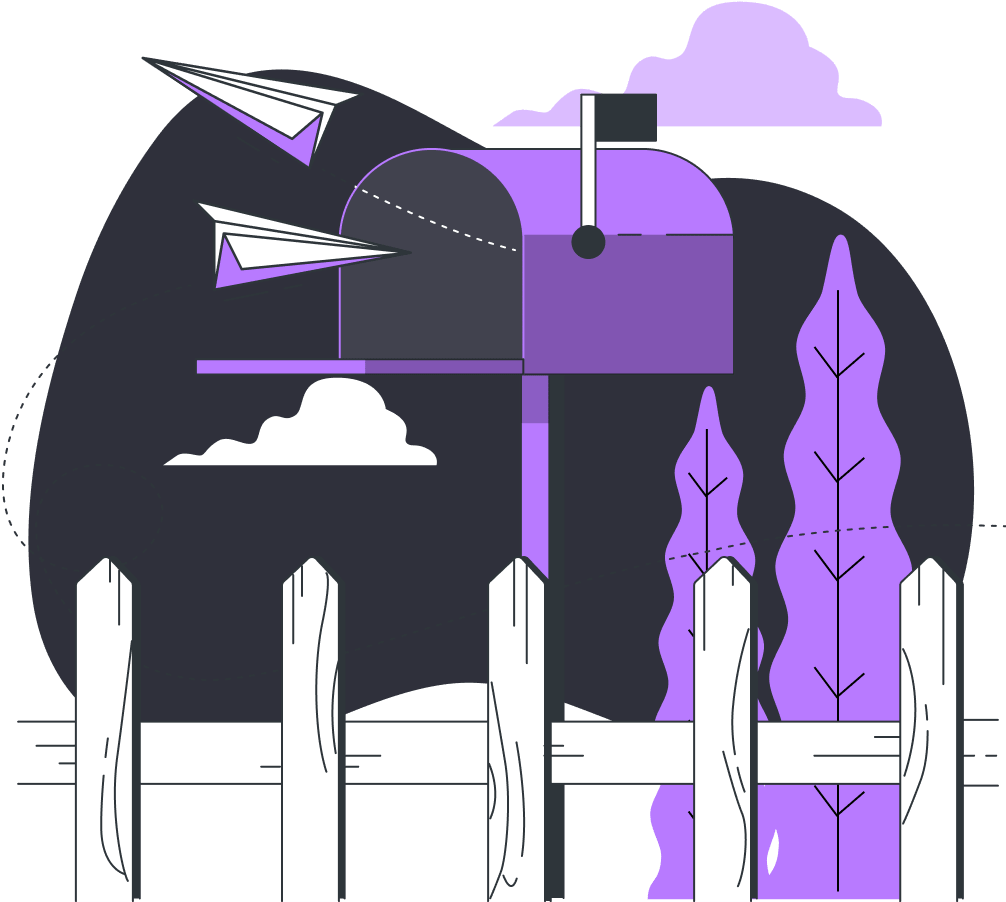Every business wants to do right by its employees, but business considerations often throw a wrench into this good intention. The human resources department is there to formulate policies that strike a balance between employer and employee interests.
The modern human resources team has moved beyond the legacy responsibilities of payroll and benefits administration, severance handling and postretirement relations. Now it encompasses designing strategies to acquire the right employees, ensure employee retention by addressing their challenges, manage employee separation, handle compliance and legal issues, and stay on top of the HR industry trends.
Recruitment
Human resources is responsible for filling the vacant positions within an organization. The recruitment process typically includes creating and posting job descriptions, accepting applications, shortlisting candidates, organizing interviews, hiring and onboarding. Each of these recruitment steps involves designing the workflow and executing it in a way that ensures they hire the best candidates. Many teams rely on recruitment software to help automate these processes.
Compensation and benefits administration
Handling employee compensation and benefits is an important part of human resources responsibilities. Besides payroll management, it includes travel and expenses, paid vacation, sick leaves, retirement, health and other benefits.
Talent Management
Recruitment is an expensive process and therefore it is important to ensure that the new hires remain with the organization for as long as possible. Employee training and development, whether it is a new hire or an old hand, in consultation with the managers is the responsibility of HR.
To this end, HR departments use talent management to design various employee motivation, loyalty and retention programs. Career development, mentoring, succession planning and interdepartmental transfers are crucial ways of ensuring employee retention.
Other Responsibilities
Covering everything an HR department handles would take a full article of its own, but here are a few more of the most common responsibilities of a modern-day human resources department:
- Designing workplace policies: HR is responsible not only for hiring people but also for ensuring that the workplace is conducive to optimal functioning. They ensure this by designing workplace policies in consultation with senior management.
- Legal compliance: The human resources department must be aware of the latest laws that affect the employees as well as the organization.
- Employer-employee relationship: The human resources department is responsible for managing people in a way that the relationship between the employer and the employee remains cordial at all times. This becomes especially important for manufacturing units where labor laws come into play as well.
- External factors: HR also needs to keep track of external factors that are not in its control but definitely affect the organization and its employees. For instance, the use of technology, global developments, social media networking, the rising popularity of hybrid work models, etc.
- Diversity, equity and inclusion (DEI): If you want your business to succeed, you need to embrace policies and programs that promote DEI. Designing strong recruitment policies is a good place to start but HR must carry this forward by helping all stakeholders develop a DEI mindset.






